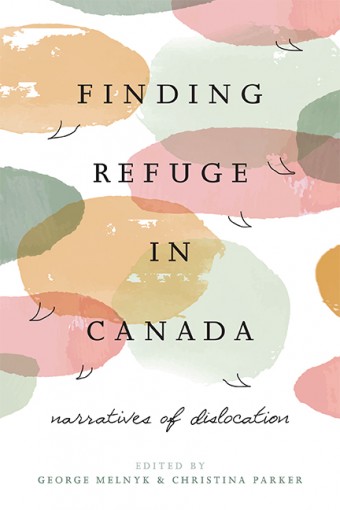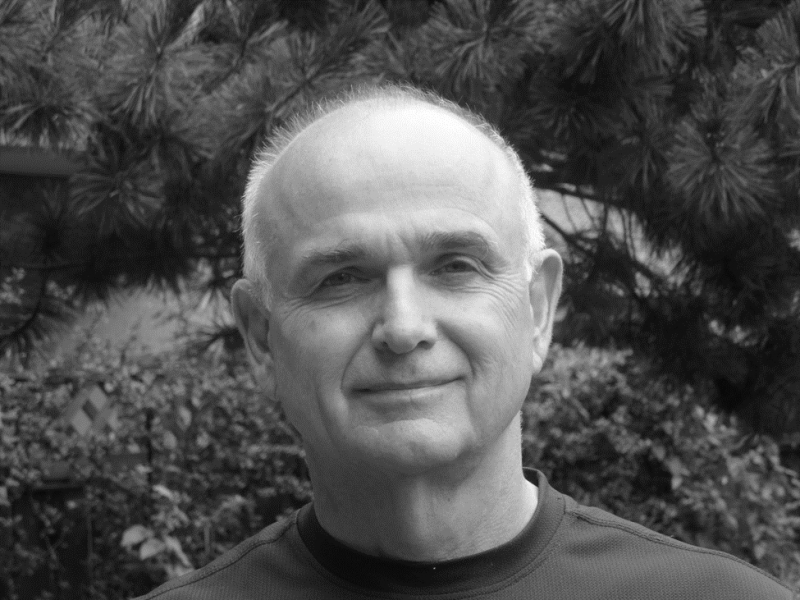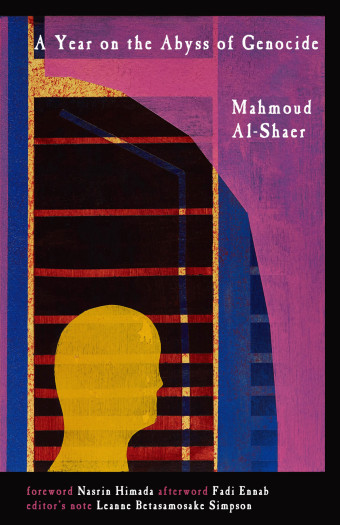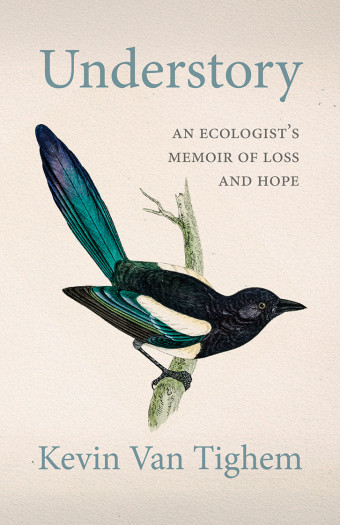Canada, both now and throughout history, has usually been regarded as a welcoming country to refugees fleeing war, persecution, and famine. But what kinds of reception have refugees really encountered here?

- Finding Refuge in Canada
- George Melnyk (Editor), Christina Parker (Editor)
- Athabasca University Press
- $27.99 Paperback, 196 pages
- ISBN: 978-17-71993-01-2
Finding Refuge in Canada: Narratives of Dislocation, edited by George Melnyk and Christina Parker, provides personal narratives about the refugee experience in Canada, sharing the perspectives of writers from diverse backgrounds, including refugees, front-line workers, private sponsors, and civil servants.
Melnyk, who came to Canada as a refugee at the age of three, got the idea for the book after working on magazine articles about refugees. “Having a focus on refugees telling their own stories seemed like the right way to go if Canadians were to get first-hand insight into the traumas and struggles of those who seek refuge in Canada,” he says.
He felt he needed a co-editor from central Canada, where many refugees settle, so he invited Parker, an assistant professor in Social Development Studies at the University of Waterloo, to collaborate on the project.
“As an educator and researcher who has worked in diverse communities, I often found myself witnessing the experiences of refugee children firsthand – and wanted to do something to be able to share their experiences with Canadians,” Parker says.

Melnyk and Parker sought submissions from a range of people, both refugees and people who help refugees and who create new policies. The editing process ensured that the book had “depth, diversity, and drama,” says Melnyk, who is professor emeritus of Communications, Media, and Film at the University of Calgary and has written and edited over 25 books. “Refugee stories can be spine-tingling because of the threats and danger refugees face regularly.”
The book’s extensive introduction describes how the law operates, the challenges refugees face psychologically, socially, and economically, and what can be done to make the system fairer.
But the personal narratives are the core. “The stories by refugees and those that help them provide a window on the real problems of integration each refugee faces. These stories allow us to walk in their shoes,” says Melnyk.

“We want readers to appreciate that the reputation that Canada has developed of being a welcoming country is not always true and that bureaucratic barriers and policy failures can mean that some legitimate refugee claimants may not be treated fairly.”
Parker notes, “The global refugee crisis persists today, but people’s perceptions of refugees are constantly fluctuating. Perspectives are shaped by social media, stories, and firsthand experiences and encounters.”
They paid close attention to shifting perspectives as they edited. “As we close the book,” says Parker, “our afterword continued to evolve as we reflected on the implications of COVID-19 and the refugee processing system in Canada, which severely impacted the protection and welfare of those in most need of shelter and protection.”
Parker hopes this book will “offer a critical perspective on what it means to be a refugee in Canada and what it means to be someone who supports refugees. Many dominant narratives about refugees are challenged in this book – readers get glimpses into people’s lives, emotions, and the pangs of guilt that one feels when they have to leave their life and loved ones behind.”













